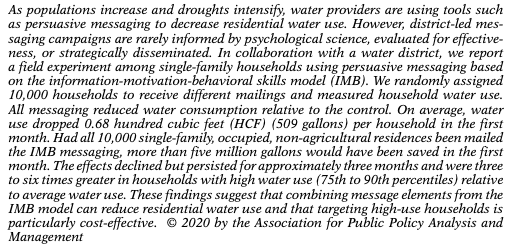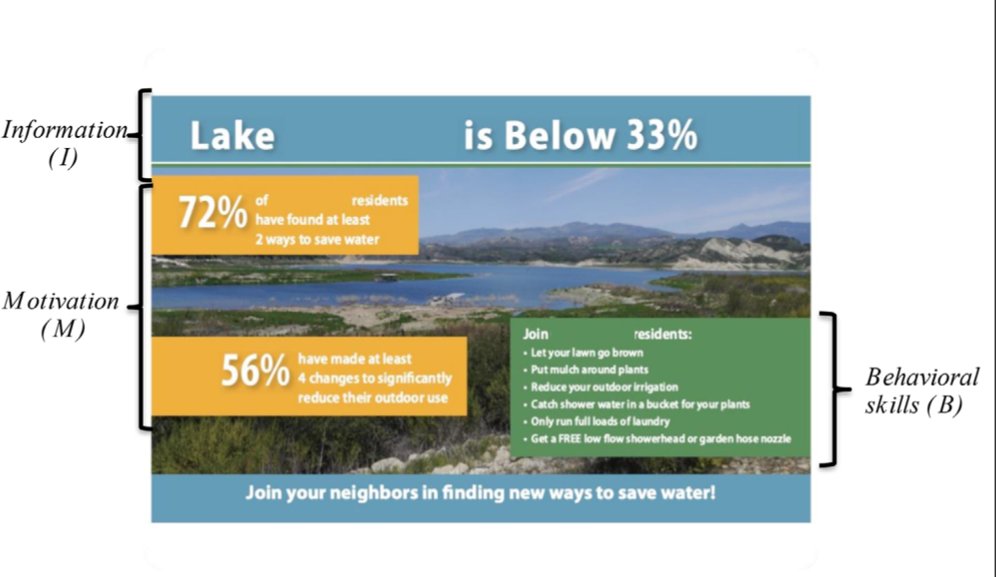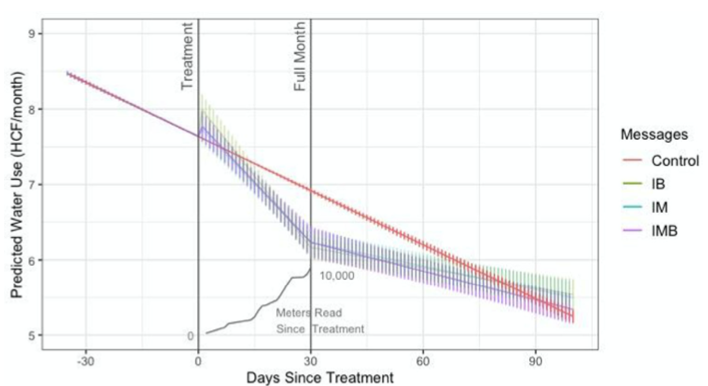A six-year project  https://abs.twimg.com/emoji/v2/... draggable="false" alt="🥳" title="Partying face" aria-label="Emoji: Partying face">
https://abs.twimg.com/emoji/v2/... draggable="false" alt="🥳" title="Partying face" aria-label="Emoji: Partying face">
Self-reported behaviors are a particular issue in social psych because of bad recall & reporting bias (e.g., motivated reasoning). Same for conservation psychology, as nicely highlighted in 2014 by @KormosChristine:
http://dx.doi.org/10.1016/j.jenvp.2014.09.003
so...">https://dx.doi.org/10.1016/j... 1/x
Self-reported behaviors are a particular issue in social psych because of bad recall & reporting bias (e.g., motivated reasoning). Same for conservation psychology, as nicely highlighted in 2014 by @KormosChristine:
http://dx.doi.org/10.1016/j.jenvp.2014.09.003
so...">https://dx.doi.org/10.1016/j... 1/x
In recent years I& #39;ve been making the shift away from online self-reports and towards objective pro-environmental behaviors, as urged by Florian Lange http://doi.org/10.1016/j.jenvp.2019.04.009.">https://doi.org/10.1016/j... I& #39;ve used solar panel installation, laboratory measures, online donation, time, etc. But — 2/x
Nothing was as big as this messaging & water use study in Journal of Policy Analysis and Management. It took years to get permission from the water district to anonymously connect 10,000 households with actual water use over months. 3/x https://onlinelibrary.wiley.com/doi/abs/10.1002/pam.22246">https://onlinelibrary.wiley.com/doi/abs/1...
The post-print PDF is legal and freely available: https://psyarxiv.com/j5v6y/download?format=pdf
We">https://psyarxiv.com/j5v6y/dow... found that mailed cards encouraging less water use using different frames were effective in real-world behavior (!). This is my first big senior-author paper. 4/x
We">https://psyarxiv.com/j5v6y/dow... found that mailed cards encouraging less water use using different frames were effective in real-world behavior (!). This is my first big senior-author paper. 4/x
The messages were based on Information-Motivation-Behavioral Skills theory, and highlighted different types of information. The different frames were similarly effective, but we argue that all combined is the best strategy, depending on elicitation research on the targets. 5/x
Here are the main results. Use was going down for everyone because of the season. The bent curve you see for the message conditions is a reduction averaging 509gl (1926 liters) per household and lasting about two months. Across 10,000 households, that& #39;s a lot of water. 6/x
Not every study should be a painful, super-long, and expensive field experiment. But we should probably weight these samples heavily in comparison to the MTurk and student samples, particularly based on self-report (as much of my work is; I& #39;m not throwing stones). 7/x
Thanks to all partners and collaborators. Led expertly by @hehodges & authors @CPKuehl @prof_SEAnderson
Thanks for sharing @APADivision34
@STEP_APSA @JPAM_DC @APPAM_DC @brenucsb @SWCSNews @EnvPolicyCenter @epgroningen @BrEPS @LEPsyUnit
/big phew
/end
Thanks for sharing @APADivision34
@STEP_APSA @JPAM_DC @APPAM_DC @brenucsb @SWCSNews @EnvPolicyCenter @epgroningen @BrEPS @LEPsyUnit
/big phew
/end
For anyone curious about analytics, out of the tens of thousands of views for all of these posts so far (thx!), 0.5% of views led to a click on the journal article (33%) or the post-print PDF (66%), and presumably very few of those read a PDF (yet). Interesting to me

 Read on Twitter
Read on Twitter




